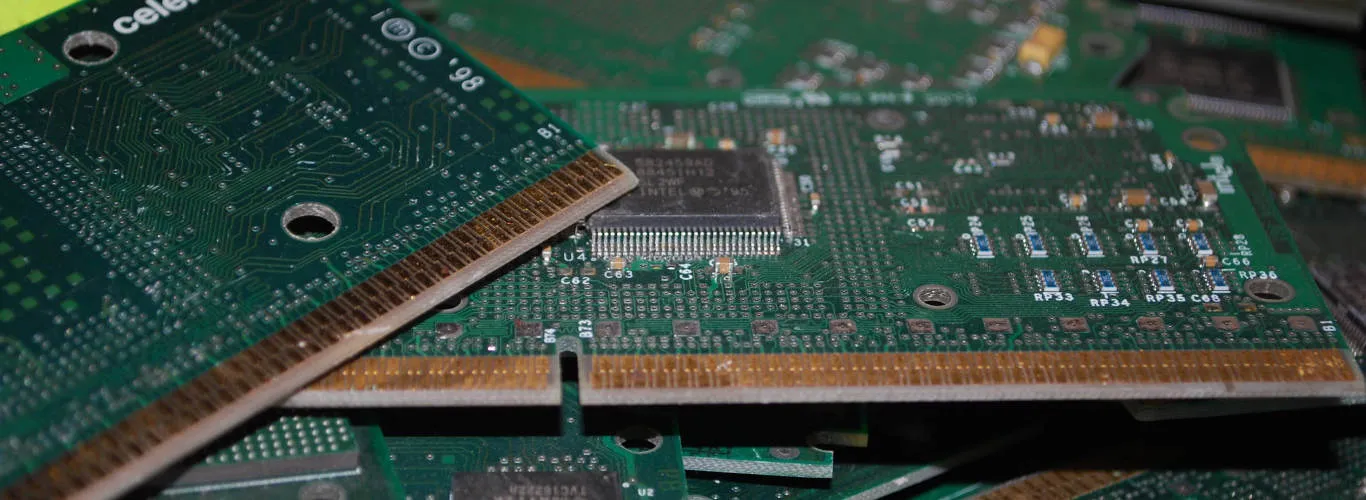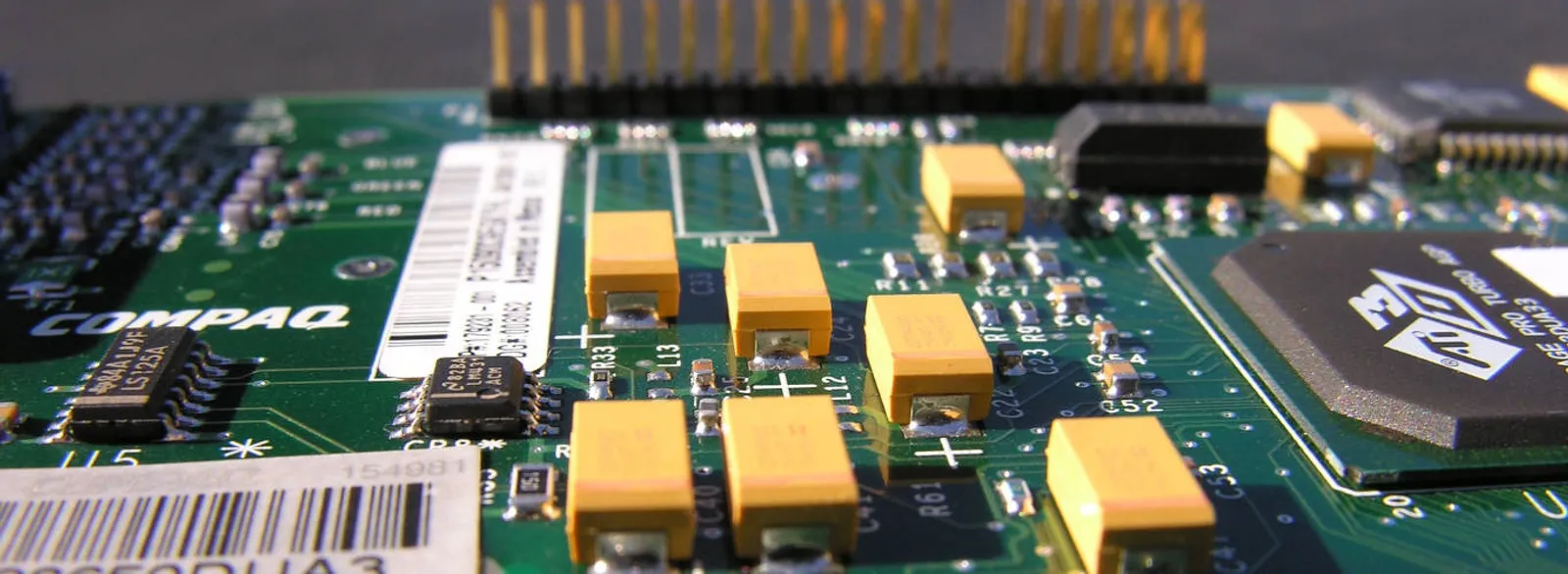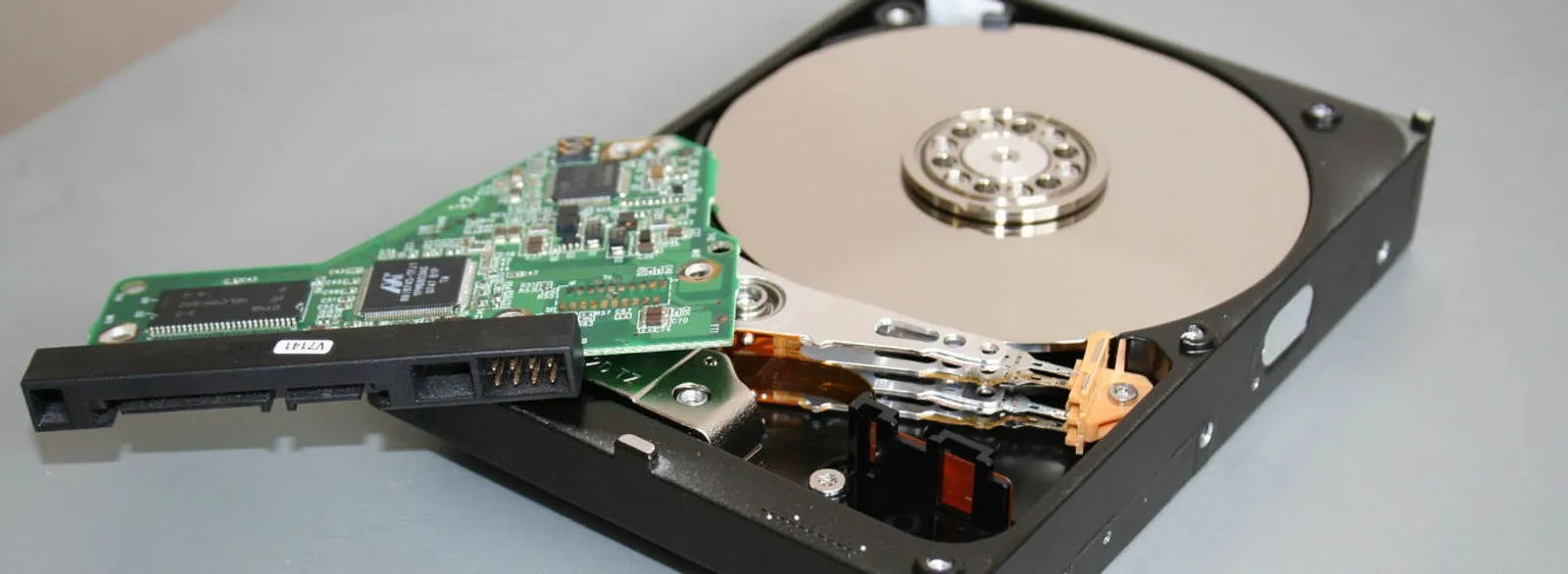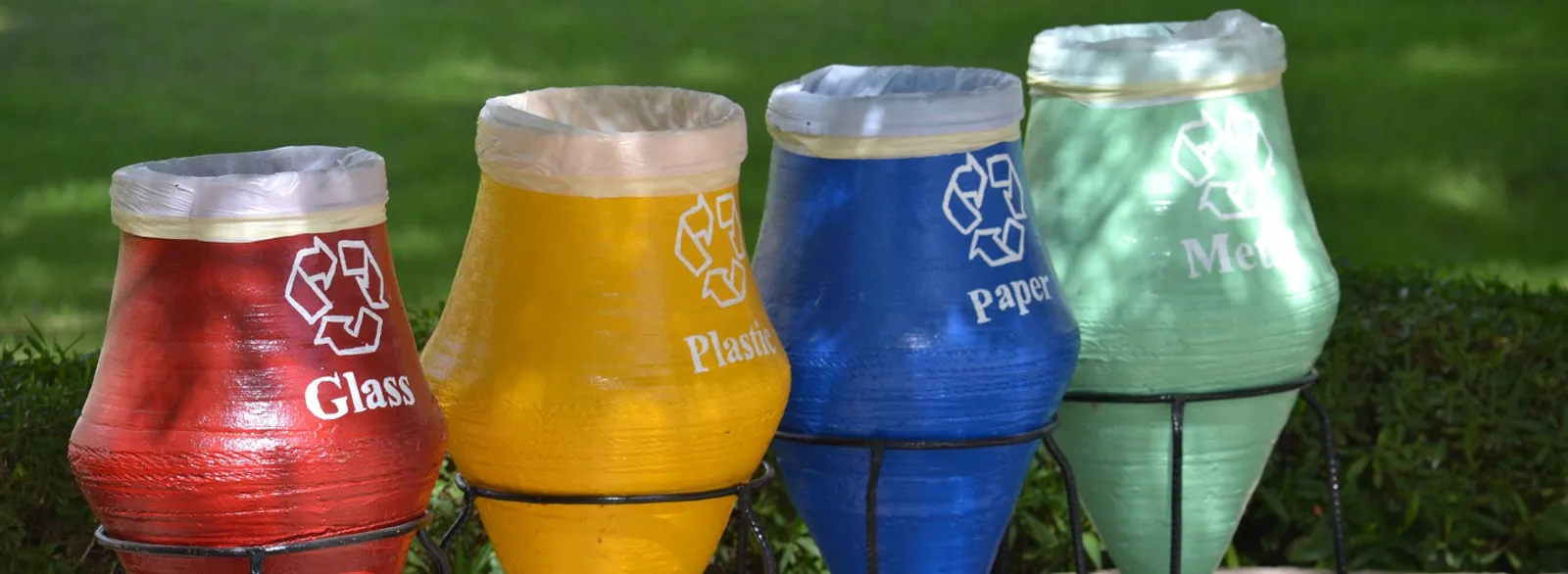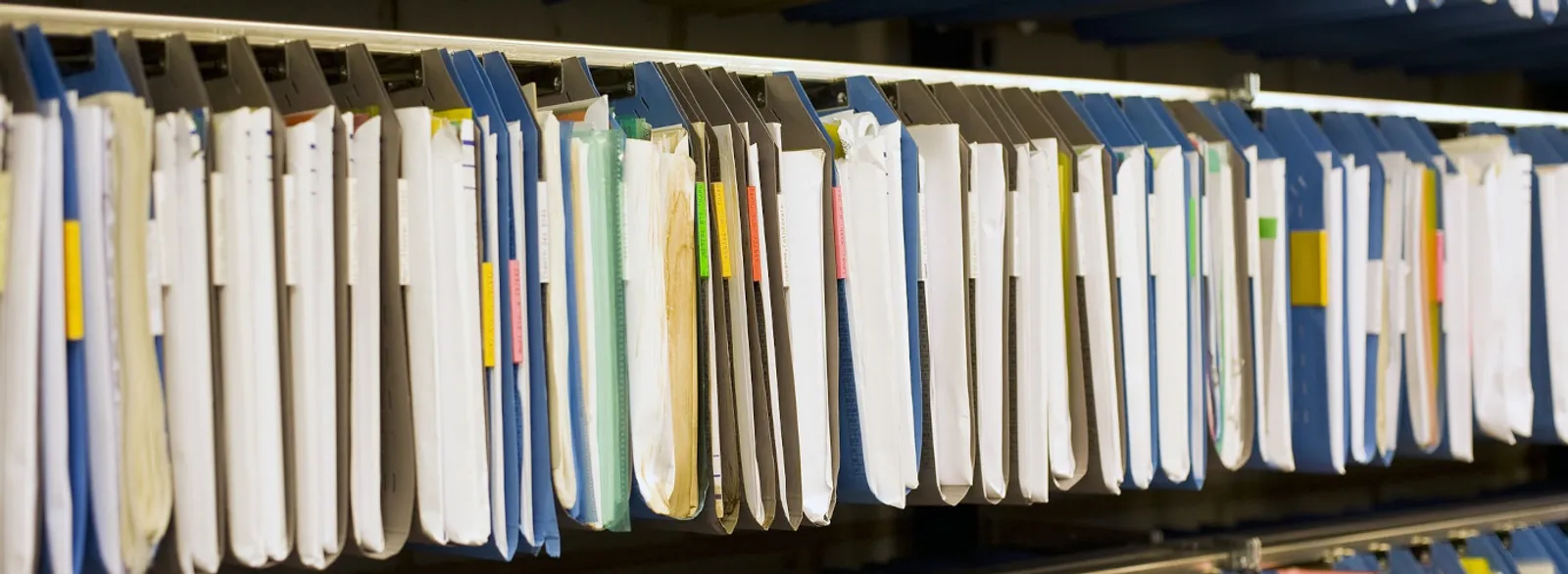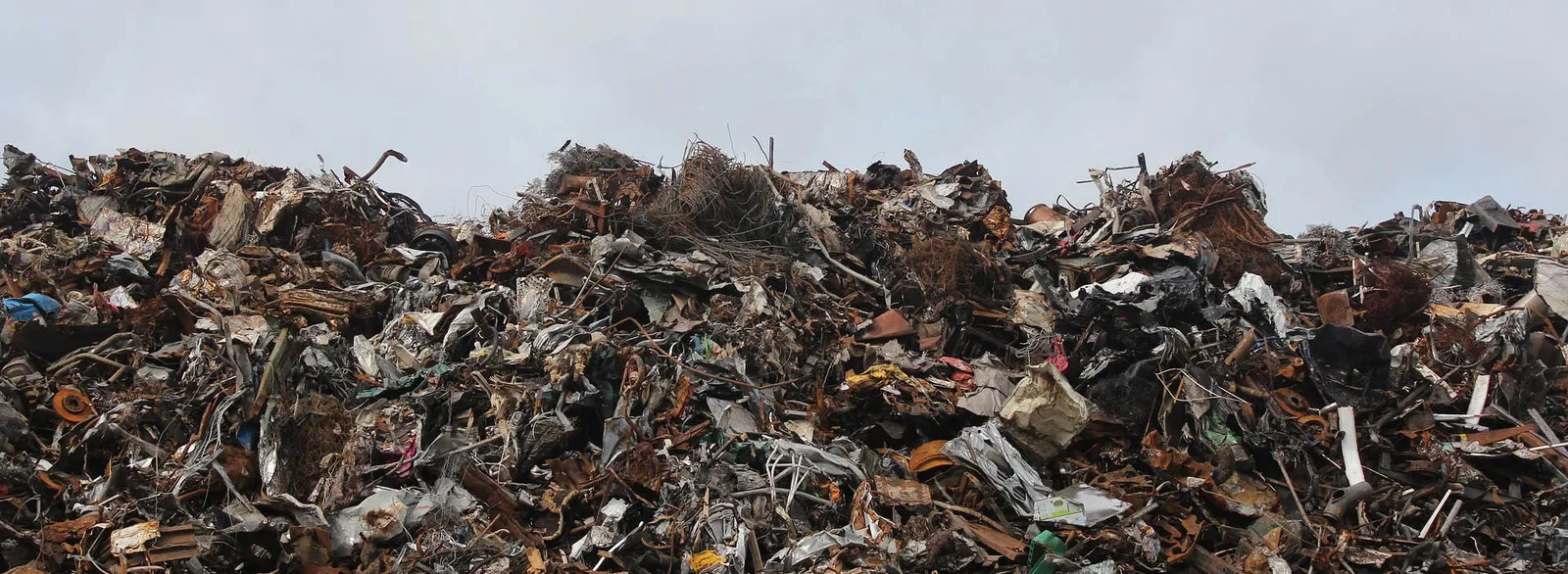If you are interested in ecology and recycling - sign up for our newsletter
What Are E-Waste?
E-waste, an abbreviation for Waste Electrical and Electronic Equipment (WEEE), includes all broken, unused, or unnecessary electrical and electronic devices. These are devices powered by electricity or batteries.
According to the Global E-waste Monitor 2020, the world generated a staggering 53.6 million metric tons of e-waste in 2019, and this number is expected to increase by nearly 40% by 2030. The improper disposal of e-waste poses serious environmental and health risks, making it essential to prioritize recycling and sustainable management.
E-waste should not be disposed of in regular municipal waste bins. The proper place for them is designated collection points for electronic and electrical waste, found in most Polish cities and towns. Some cities and municipalities, such as Kraków, offer their residents free collection of large e-waste items. It's sufficient to call a toll-free number, and a team of specialists will come and collect items like old washing machines, refrigerators, computers, or other home appliances for free. Discarding e-waste improperly, such as in the wrong container or at illegal dumpsites, can result in severe financial penalties. The maximum fine for this offense is 5,000 Polish złoty.
Where to Dispose of E-Waste?
As mentioned in the previous paragraph, e-waste should be taken to designated collection points for this type of waste. Official collections, managed by cities, ensure that old electronic and electrical equipment ends up in the right place—a facility where it will be subjected to recovery and recycling. Valuable materials can be extracted from many types of e-waste, reducing environmental pollution and significantly lowering the production costs of certain processes that utilize these recovered materials.
The list of entities where you can donate e-waste in Kraków includes dozens of entries. This list categorizes companies into three categories:
- Companies collecting used electrical and electronic equipment from households (Geomar Recykling is among them)
- Retail outlets accepting used electrical and electronic equipment under the model where you can return one of the same type when purchasing new equipment
- Pharmacies accepting used electrical and electronic equipment under the model where you can return one of the same type when purchasing new equipment
More information on this topic can be found on the MPO website MPO - Elektroodpady and the list of entities: Wykaz podmiotów zbierających zużyty sprzęt elektryczny i elektroniczny
Apart from collection points run by cities or municipalities, where you can personally deliver old and used electronic and electrical equipment, there is another option for donating e-waste. These are e-scrap collection points, one of which is located in BODZANÓW 556, 32-020 WIELICZKA. The advantage of this solution is the opportunity to earn money by selling some e-waste items (in our collection point, we buy electronic components, printed circuit boards, processors, and power supplies, among others). We offer nationwide collection services (courier services are available only for electronic components weighing over 5 kg). We update our price list daily. We pay in full for computers, laptops, mobile phones, and tablets, while other e-waste items are accepted free of charge.
Proper Management of E-Waste: A Necessity for Our Environment
Recycling e-waste offers a multitude of benefits for our environment. First and foremost, it reduces the amount of waste that ends up in landfills, thereby minimizing the risk of soil and water contamination. Additionally, recycling helps to decrease greenhouse gas emissions by reducing the need for energy-intensive processes like mining and refining raw materials. The International Telecommunication Union (ITU) estimates that recycling one million laptops can save the energy equivalent to the electricity used by 3,657 U.S. homes in a year.
Moreover, recycling supports the circular economy by creating a closed-loop system where materials are continuously reused, repurposed, and recycled. This not only reduces waste but also promotes innovation in product design, encouraging manufacturers to create more sustainable and eco-friendly devices.
Preventing Hazardous Material Contamination: Many electronic devices contain hazardous materials such as lead, mercury, cadmium, and brominated flame retardants. When e-waste is improperly discarded in landfills or incinerated, these toxic substances can leach into the soil, water, and air, posing severe threats to human health and the environment. For instance, lead exposure can cause neurological damage, while mercury contamination can harm aquatic life and make its way up the food chain. Recycling e-waste helps to safely extract and manage these harmful materials, preventing them from polluting our ecosystem.
Conserving Natural Resources: Electronic devices are made from a variety of valuable materials, including precious metals like gold, silver, and platinum, as well as rare earth elements. Mining these materials has a significant environmental impact, including deforestation, habitat destruction, and greenhouse gas emissions. Recycling e-waste allows for the recovery of these valuable resources, reducing the need for new mining and conserving our planet's finite resources. For example, recycling one million mobile phones can recover 35,000 pounds of copper, 772 pounds of silver, and 75 pounds of gold. This not only saves natural resources but also reduces the energy consumption and carbon footprint associated with mining and manufacturing new materials.
Reducing Landfill Waste: Landfills are already overflowing with waste, and e-waste contributes significantly to this burden. Electronic devices do not decompose easily and take up valuable space in landfills. Moreover, their components can release toxic substances over time, causing long-term environmental damage. Recycling e-waste ensures that these materials are diverted from landfills and are instead processed and repurposed in a way that minimizes environmental harm.
Electronics recycling is one of the areas of Geomar Recykling activities. Through these efforts, we obtain precious metals and other materials from e-waste that can be reused in the production process. Electronic recycling is environmentally friendly and energy-saving. We employ technologies and processing methods that give a second life to many components from e-waste that arrive at our processing facility.
